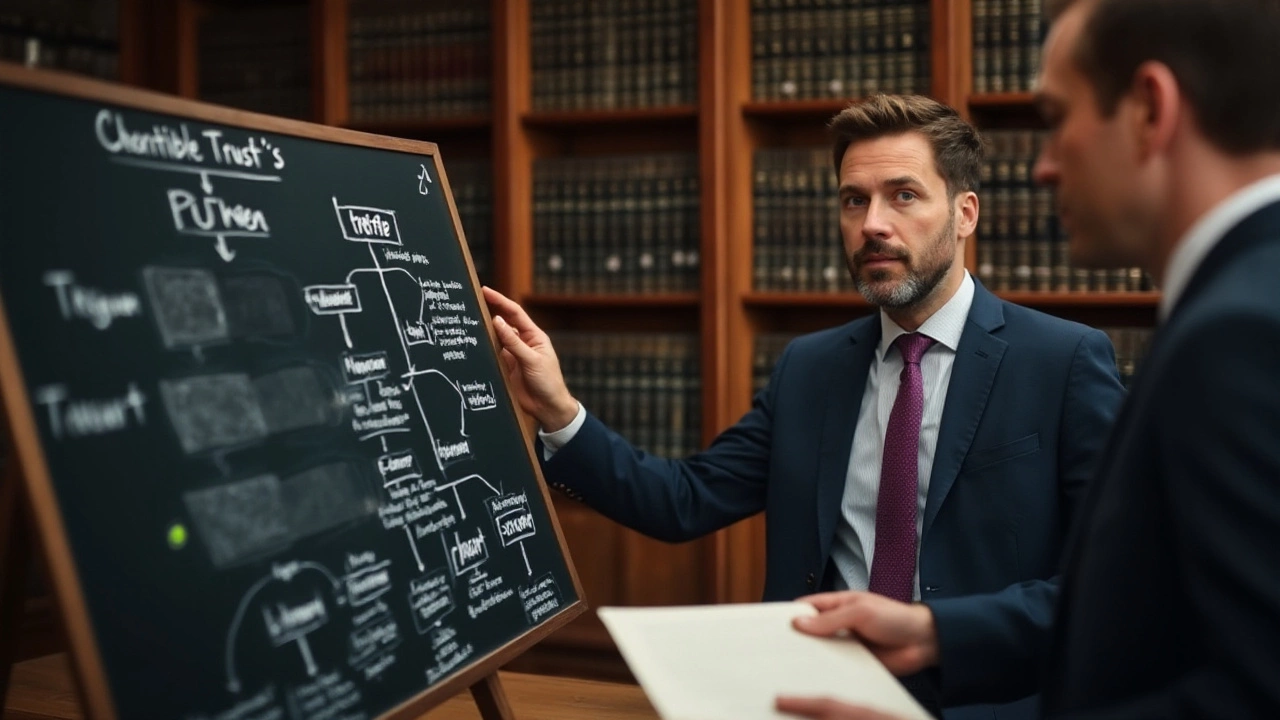Financial Planning Made Easy for Seniors
Feeling a little lost when it comes to money after retirement? You’re not alone. Most seniors wonder how to stretch a pension, keep an emergency fund, and avoid scams. The good news is you don’t need a finance degree to get a handle on your cash. Below are straightforward steps you can try right now.
Start with a Simple Budget
Grab a notebook or use a free budgeting app and write down every source of income – state pension, private pension, annuities, any part‑time work. Next, list regular expenses: rent or mortgage, utilities, groceries, medication, transport, and a little “fun” money. Subtract expenses from income. If the result is negative, look for the biggest line item you can reduce – maybe a subscription you rarely use or a cable package.
Don’t forget the occasional costs like birthdays, holidays, or home repairs. Giving them a place in the budget prevents surprise shortfalls. A budget isn’t a punishment; it’s a roadmap that tells you how far your money can go each month.
Build an Emergency Cushion
Life throws curveballs – a broken heater, a doctor’s visit, or a small home repair. Aim for three to six months of essential expenses in an easy‑to‑access account. That could be a high‑interest savings account or a trustworthy credit union.
If you can’t save the full amount at once, start small. Even £50 a month adds up over time, and the habit of saving is more important than the exact figure.
Having cash on hand also protects you from predatory lenders who target seniors with high‑interest loans. When you have a safety net, you’re less likely to fall for those offers.
Make Your Pension Work for You
Many people think the state pension is the whole picture, but private pensions, workplace schemes, and personal savings can boost your income. Check if you’re eligible for any delayed‑pension bonuses – waiting a few months can increase your monthly payment.
If you have a defined‑contribution pot, consider a low‑risk withdrawal strategy. Instead of pulling a lump sum, set up a regular drawdown that matches your budget needs. Talk to a qualified adviser (look for someone with a “CFP” or “Chartered Financial Planner” badge) before making big moves.
Invest Wisely, but Stay Safe
Investing isn’t just for the young. A modest allocation to bonds or dividend‑paying stocks can provide extra income and protect against inflation. However, stay away from high‑risk schemes that promise quick returns – they’re often scams aimed at seniors.
Use reputable platforms, read reviews, and ask friends or community groups for recommendations. The Minehead & District U3A frequently hosts free talks on safe investing; attending those sessions can give you confidence without the pressure of a sales pitch.
Protect Your Money from Scams
Scammers love urgent stories about “urgent medical bills” or “special offers” that sound too good. If something feels rushed, pause and verify. Call the official number of the organisation, not the one in the email.
Never share bank details or passwords with anyone who contacts you unsolicited. Report suspicious calls to Action Fraud or your local police. Sharing your experience with neighbors can also keep the whole community safer.
Use Community Resources
Local groups like the U3A offer free workshops on budgeting, tax filing, and using online banking. They’re a great place to ask questions and meet peers who face the same challenges.
Many charities also provide free financial advice for seniors. A quick phone call can connect you with a volunteer adviser who can review your budget or explain benefits you might have missed.
Remember, financial planning is an ongoing process. Review your budget every few months, adjust for any new expenses, and keep learning. Small, consistent actions add up to a more secure and stress‑free retirement.

Understanding and Managing Funds in Charitable Trusts
A charitable trust is a unique financial vehicle designed to manage and allocate assets towards charitable causes. Understanding the legal and financial frameworks is crucial for accessing or managing funds. This article explores the legalities, possibilities, and restrictions involved, providing practical tips on handling funds correctly within the boundaries of legal obligations. Whether you are a trustee, donor, or beneficiary, this guide reveals insights into maximizing the impact of a charitable trust.